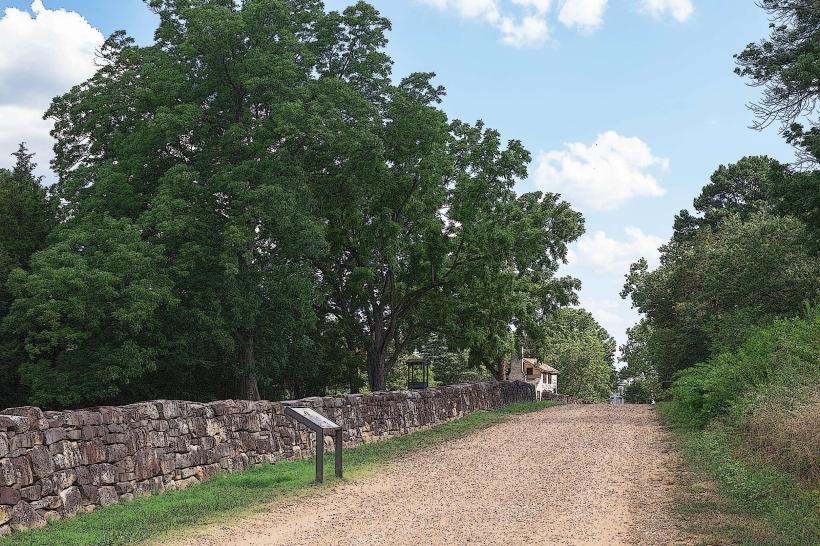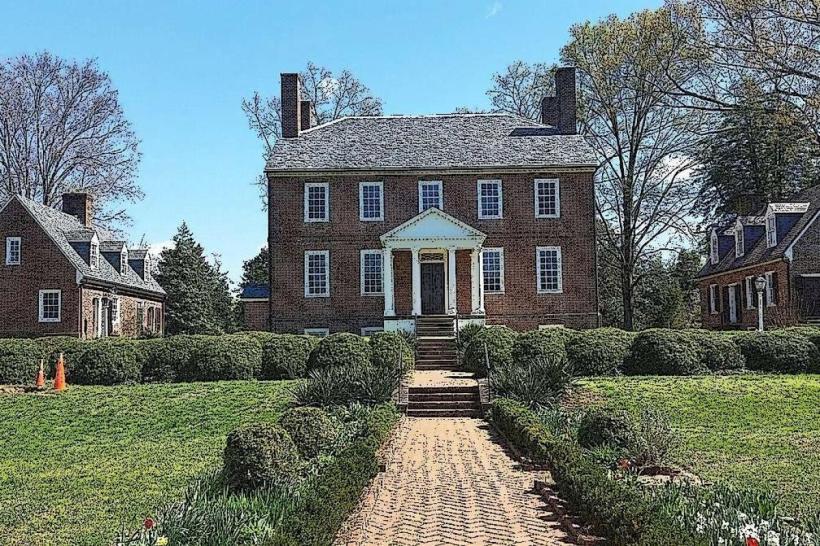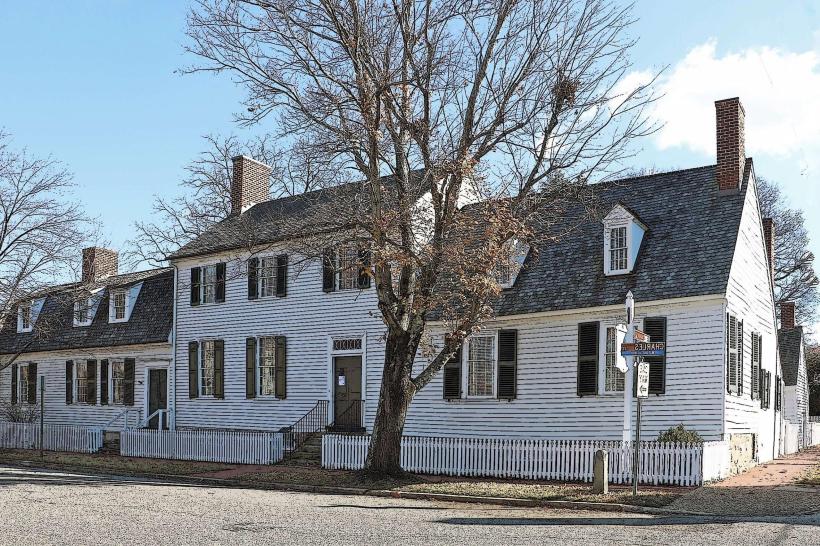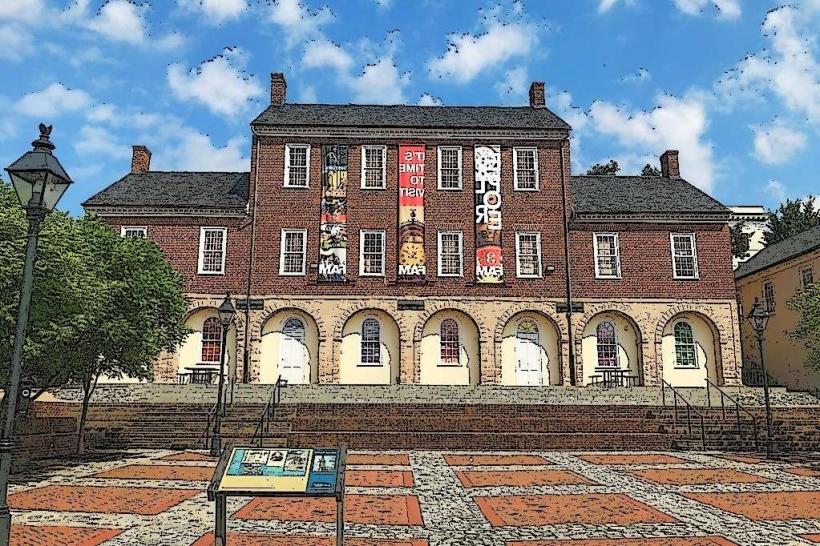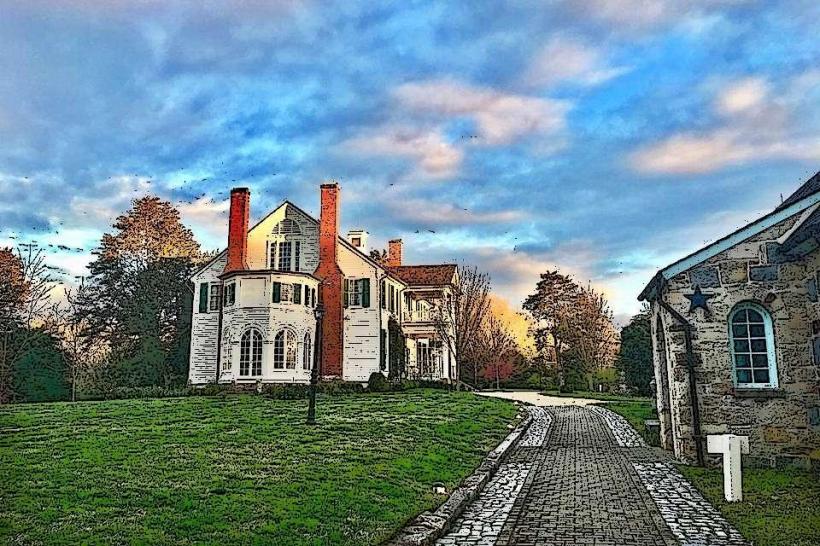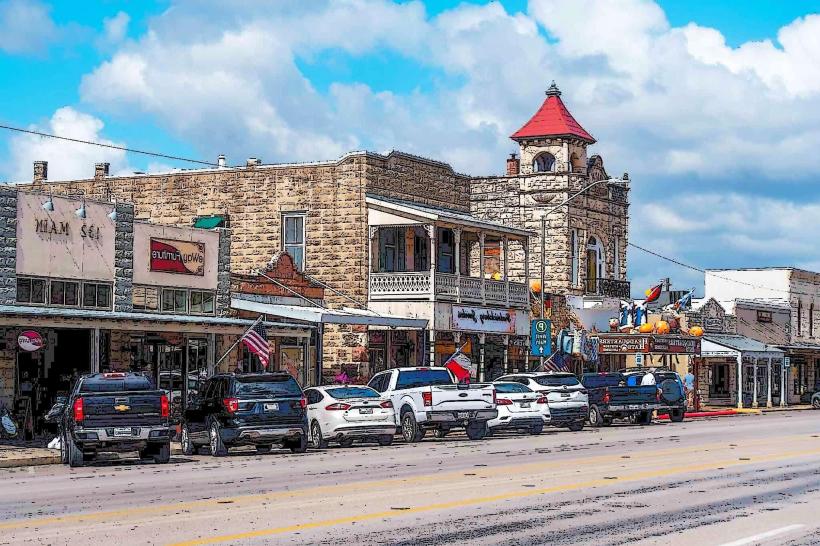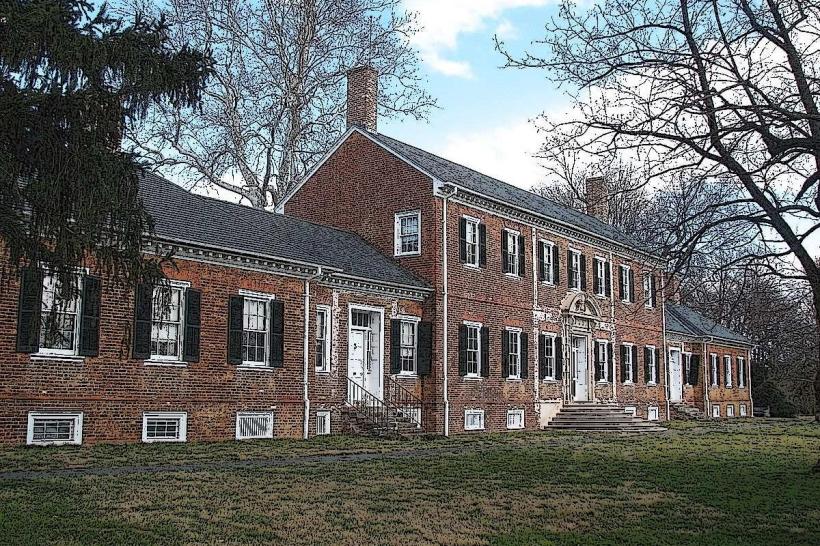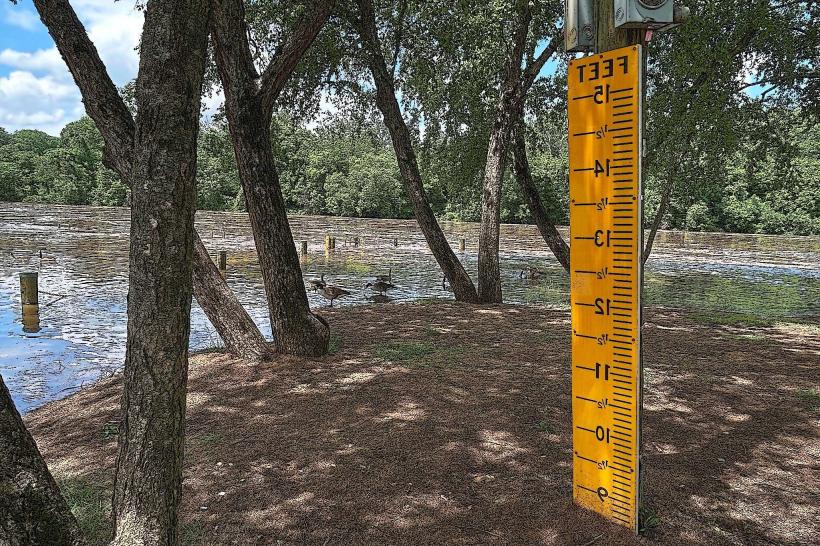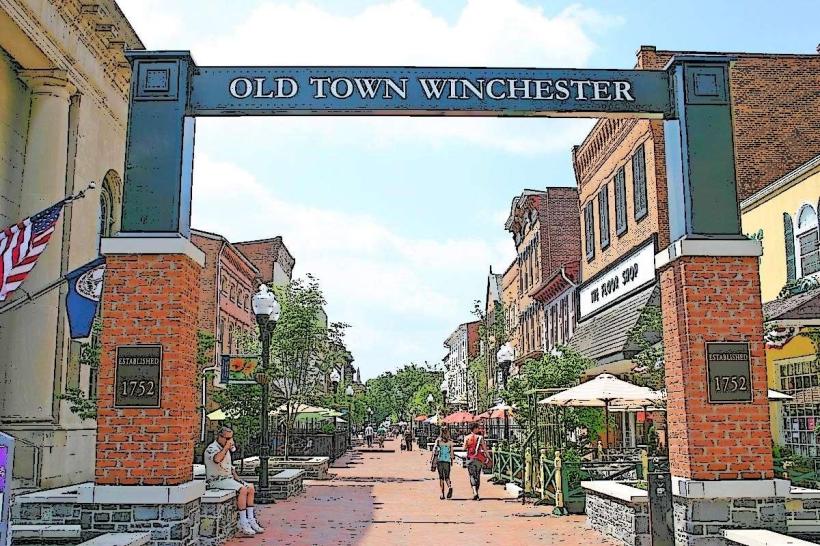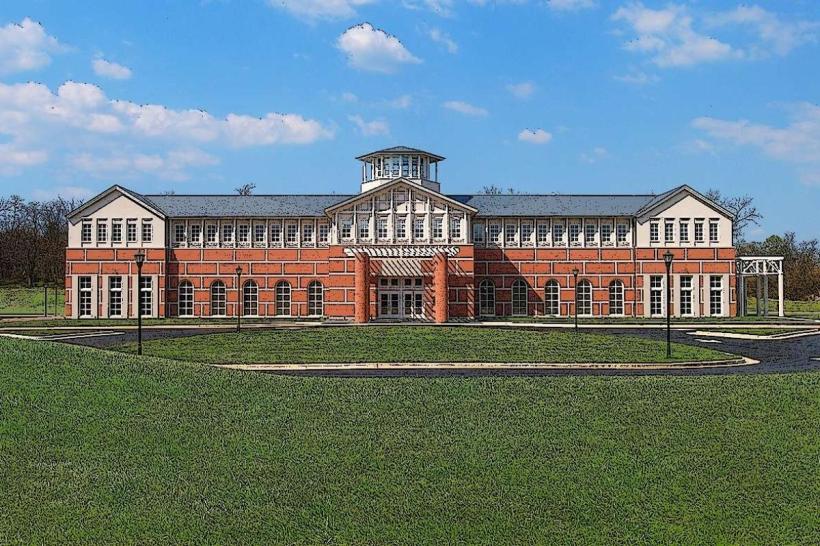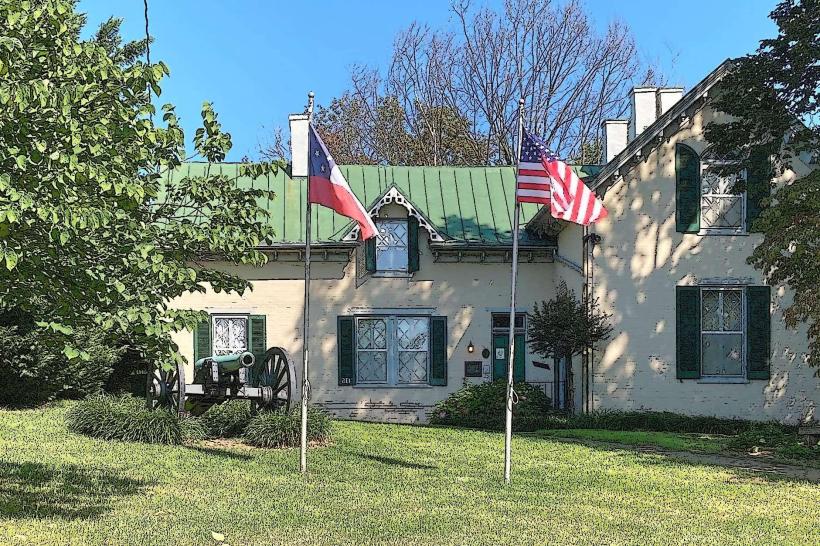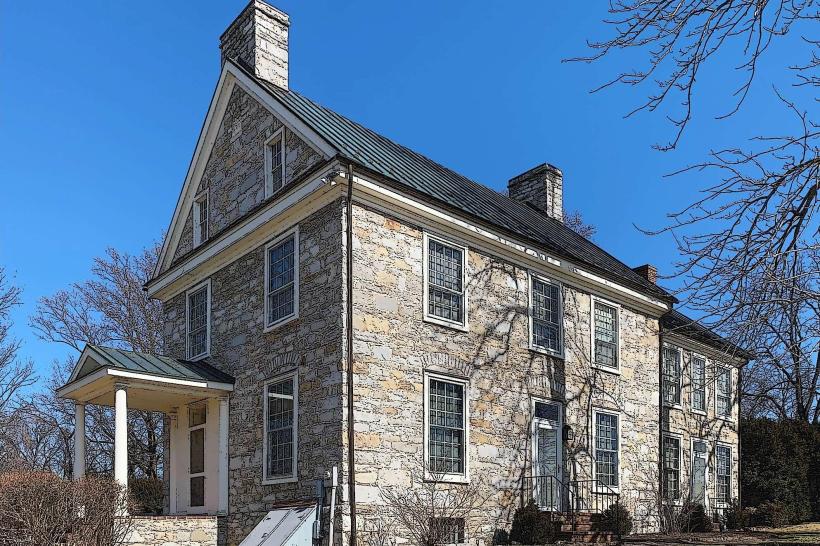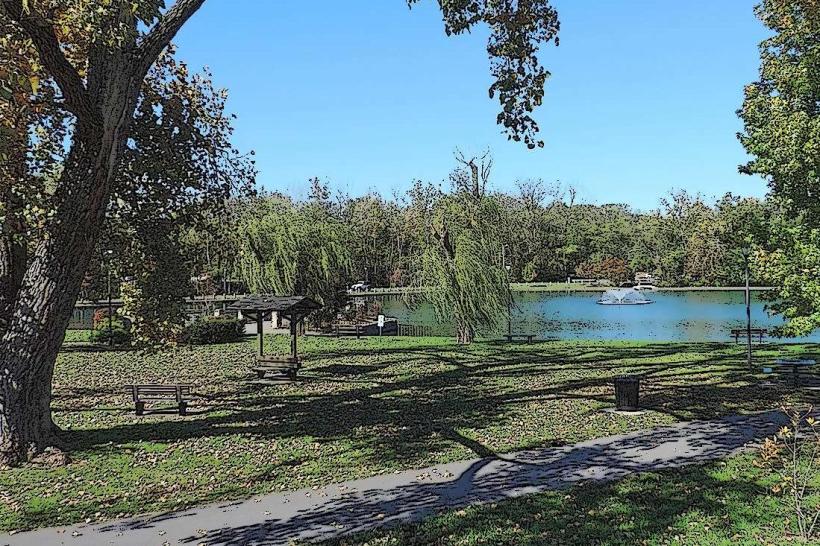Information
Landmark: Patsy Cline Historic HouseCity: Fredericksburg
Country: USA Virginia
Continent: North America
Patsy Cline Historic House, Fredericksburg, USA Virginia, North America
Patsy Cline Historic House – In Detail
The Patsy Cline Historic House, located at 608 South Kent Street in Winchester, Virginia, is a modest yet historically rich residence where the iconic country music singer Patsy Cline lived during her formative teenage years and early adulthood. This house is more than just a structure; it is a preserved piece of music history that captures the humble beginnings of one of country music’s most enduring legends.
Historical and Cultural Significance
Patsy Cline, born Virginia Patterson Hensley, moved into this house in November 1948 at the age of 16, following her parents’ separation. She lived here with her mother Hilda and siblings, a period marked by financial struggles but immense personal growth.
It was in this home that Patsy began to develop her distinctive voice and stage persona, performing on local Winchester radio station WINC and crafting the stage name “Patsy Cline.”
The house witnessed the earliest steps of her career, including her signing of a recording contract in the 1950s, which eventually led to national stardom.
Recognized for its cultural importance, the house was added to the Virginia Landmarks Register and the National Register of Historic Places in 2005, and later designated a National Historic Landmark in January 2021. This recognition highlights its value as a site that preserves the legacy of Patsy Cline and American musical heritage.
Architectural Description
The building is a Greek Revival style, two-story frame house dating back to the mid-1800s, reflective of the architectural vernacular common in Winchester.
Despite its modest size-about 1,000 square feet-the house has undergone careful restoration to maintain its historical integrity while ensuring visitor safety and accessibility.
Key features include a tin roof, a small front porch, and exposed log framing protected behind Plexiglas, revealing elements of its original construction.
The restoration project, completed in 2011 at a cost of around $100,000, added modern amenities like HVAC and a wheelchair ramp, all designed to preserve the mid-century character of Patsy’s residence without compromising comfort or historical accuracy.
Interior and Museum Experience
Visitors touring the house gain intimate insight into the everyday life of Patsy Cline and her family during the late 1940s and 1950s.
First Floor
The living room is furnished with period-appropriate items including a floral-print sofa, rotary dial telephone, and a vintage television set, capturing the atmosphere of a working-class family home.
Personal touches include framed family photographs and replica musical instruments such as a piano similar to the one Patsy played during her early years.
The dining area features a 1950s Singer sewing machine once used by Patsy’s mother to make stage costumes, underscoring the family’s resourcefulness and support of Patsy’s career ambitions.
The kitchen, which was formerly a porch, is now outfitted with authentic mid-20th-century appliances and decor, completing the historical tableau.
Second Floor
The upstairs consists of a single shared bedroom where all four family members slept in close quarters. The space includes a twin bed designated for Patsy, alongside beds for siblings, highlighting the modest and crowded living conditions.
The room’s simplicity and limited storage offer visitors a sense of the challenges Patsy faced while rising to fame.
Artifacts and Memorabilia
While the house does not contain original possessions due to the passage of time, it features carefully crafted replicas of Patsy’s stage costumes, personal belongings, and family memorabilia to bring her story to life.
Docents, many with personal ties to the Winchester community, provide detailed narratives about Patsy’s life, struggles, and early career, enriching the visitor experience with stories passed down through generations.
Visitor Information
The Patsy Cline Historic House is open seasonally, generally from early April through late October.
Operating hours are Tuesday through Saturday, 10 AM to 4 PM, and Sunday from 1 PM to 4 PM.
Guided tours last approximately 45 minutes and cover both floors of the house. Walk-ins are welcome, but group reservations are recommended.
Admission fees are modest, typically around $7 to $8 for adults, with discounts for seniors and youth, while children under 11 and active military personnel enter free.
Accessibility is thoughtfully provided with a ramp for the first floor; however, the second floor is accessible only by stairs.
Parking is limited on nearby streets, and visitors are encouraged to use the Winchester Visitor Center for restroom facilities and additional information.
Broader Context
The Patsy Cline Historic House is part of a larger constellation of sites celebrating her legacy, including the “Becoming Patsy Cline” exhibit at the Winchester Visitor Center, featuring radio memorabilia and childhood photographs.
Nearby attractions related to her life include Gaunt’s Drug Store, where she once worked, a commemorative mural in Indian Alley, and her final resting place at Shenandoah Memorial Park.
The city also hosts an annual Patsy Cline Block Party over Labor Day Weekend, celebrating her influence on music and culture.
Summary
The Patsy Cline Historic House is a deeply evocative museum experience, offering visitors a rare glimpse into the early life of one of country music’s most beloved figures. The carefully preserved setting and intimate guided tours allow fans and history enthusiasts to connect with Patsy’s story on a personal level, highlighting themes of perseverance, family, and artistic ambition set against the backdrop of mid-20th-century American life. The house stands not only as a tribute to Patsy Cline’s enduring legacy but also as a testament to the power of place in shaping cultural icons.

